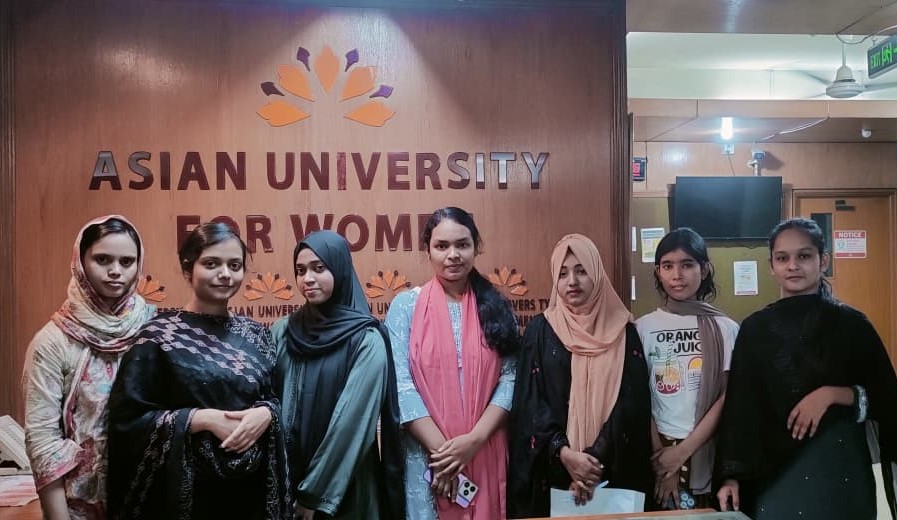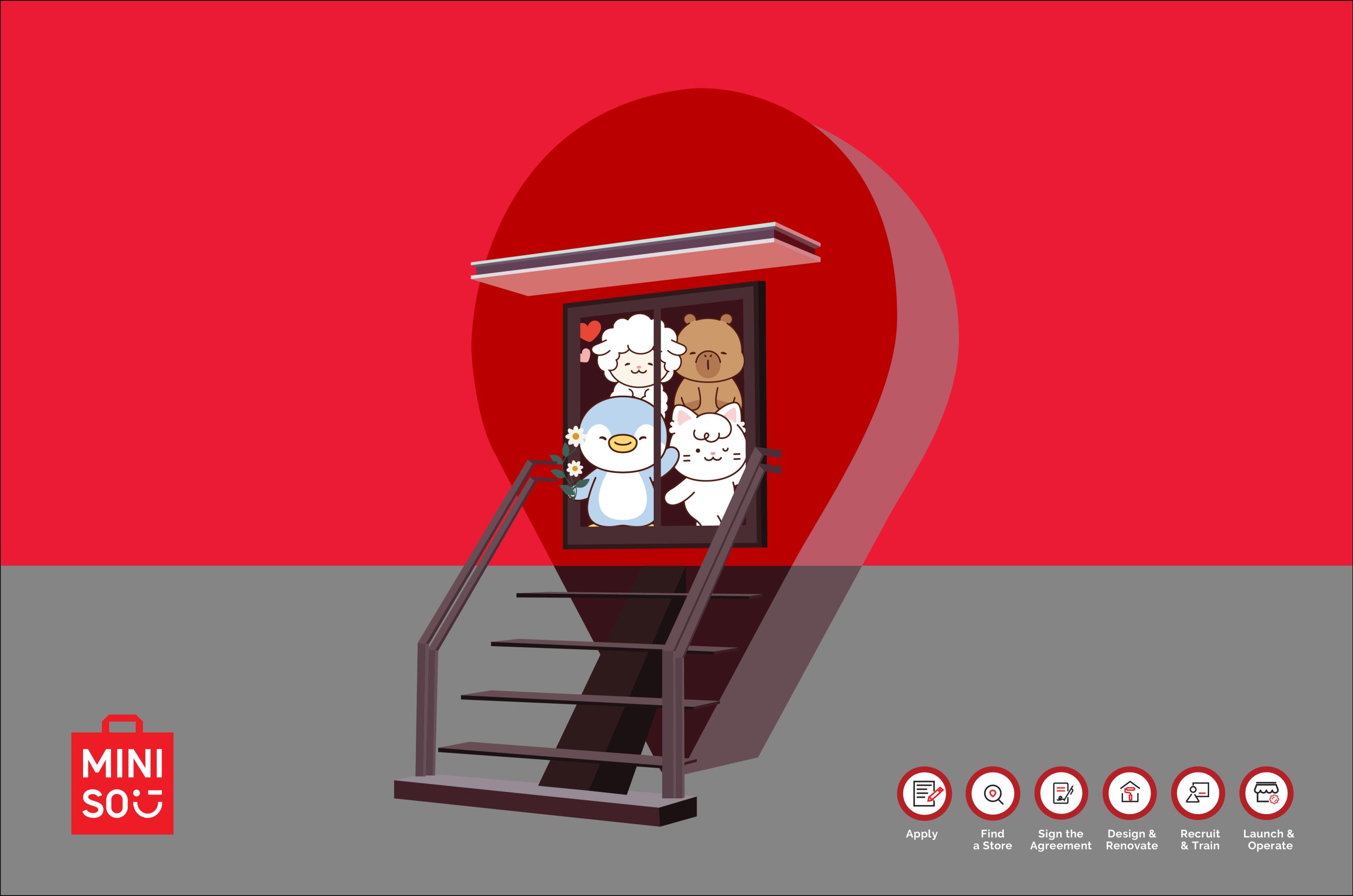Amidst all the achievements made in recent years what has been missing is the ‘feel good’ factor in the economy. That is what is hurting the all-important investments.
In terms of the growth of GDP, Bangladesh’s economy is set to do better this fiscal (2015-16) than any of the recent years, according to projections made by multilateral lenders.
Major economic indicators, including export, import, remittance earning, revenue growth and FDI (Foreign Direct Investment) inflow recorded a modest growth, if not anything spectacular. The government leaders are now selling the ‘success’ story almost without a pause, with an assurance that the country would soon graduate from the recently gained Lower Middle-Income Country (LMIC) status to the Middle-Income Country (MIC) status.
Amidst all the achievements made in recent years what has been missing is the ‘feel good’ factor in the economy. That is what is hurting the all-important investments. Despite having relatively stable macroeconomic fundamentals, the country could not exploit their benefits up to the desired level, primarily because of the low level of investment in the productive sectors. The recent conclusion of the 2015 calendar year was no exception, notwithstanding the fact that the economy could largely overcome the shocks it had received in the initial months of the year from political mayhem spearheaded by the BNP-led opposition over the controversial 2013 general election.
However, the political front has been rather quiet despite the presence of a sort of uneasiness since then. It does appear that confrontation on the streets over political issues will be unlikely in the near future unless something serious occurs. The rest of the current fiscal period is expected to be calm and trouble-free.
But economists do not expect any major turnaround in private investment because of a host of factors, including problems with energy supply, the high cost of doing business and a sort of fear about future political developments. Businesses feel that rivalry between the two major political parties is too deep and destructive in nature and unless and until the two decide to make way for each other, troubles may erupt at any time.
The stagnancy in investment in recent years has stirred up worries also among the policymakers. That is why the central bank which has been particularly focused on the job of inflation taming has, as of late, changed its stance on its half-yearly monetary policy with a hope that the lending rate would further come down and banks would have more funds to offer to the long-term private investors.
The realities on the ground are a bit different from what is being perceived by most policymakers in the government and the central bank. The banks have enough funds to offer to their clients, but they are now exercising caution while selecting their borrowers for many of them have already learned their lesson from the hasty and imprudent selection of borrowers.
In fact, the country has not been able to develop or create enough of entrepreneurs that its economy should have. In fact, there is no dearth of entrepreneurs. But a vast majority of them is involved in wholesale and retail trading, transport business and repair, storage of food and other goods and health services. The latest Economic Survey of 2013 revealed that less than 12 per cent of all economic units are involved in some sort of industrial production.
Since the number of large and medium scale industrial units is still small, employment in manufacturing remains at a low level. Most employments are thus made informally which is contributing to the high incidence of underemployment in the country.
The economy has grown over time but it has not gained the depth it requires to become strong and steady. In a market economy, the private sector remains the main driving force. Unfortunately, it has remained highly disorganized. Lack of skill, education, capital and infrastructural supports from the state has stood in the development of true entrepreneurs.
Manufacturing should have filled up the vacuum created by the declining share of the farm sector in the economy but that has not happened. The services sector is very disorganized and holds the greatest responsibility for this.
There is no denying that the economy has been growing at a modest rate. But the greater part of the expansion is based on domestic demand. Such dependence is not at all healthy for any economy.
Since the small economic units generate a small number of jobs and pay insufficient wages and salaries to their employees, the economy cannot acquire a healthy picture despite its reasonable rate of growth. The economy carries on with a dilapidated look no matter what the people in power claim from time to timein an attempt to show their achievements as much bigger than what they actually are.
The economy does need growth but it should not be just in terms of GDP. The growth needs to be reflected in the creation of well-rewarding employments in the real sectors of the economy. The manufacturing sector should also expand to areas that in addition to meeting the local demand must cater to the needs of the external markets.
However, that would not happen automatically. The government must remove hurdles to business and offer incentives so that they feel comfortable in doing business. The policies would have to be redesigned to make those truly business-friendly, not just on paper. The cost of doing business would have to be reduced to a justifiable level.
On the top of everything, two things—bad politics and graft— would mar every effort taken to make the business and investment environment better. However, these two are formidable challenges. Getting those remedied even up to a tolerable level remains a difficult job. And the moot question is, who will shoulder the difficult tasks?
The writer is a senior journalist. He can be reached at zahidmar10@gmail.com















